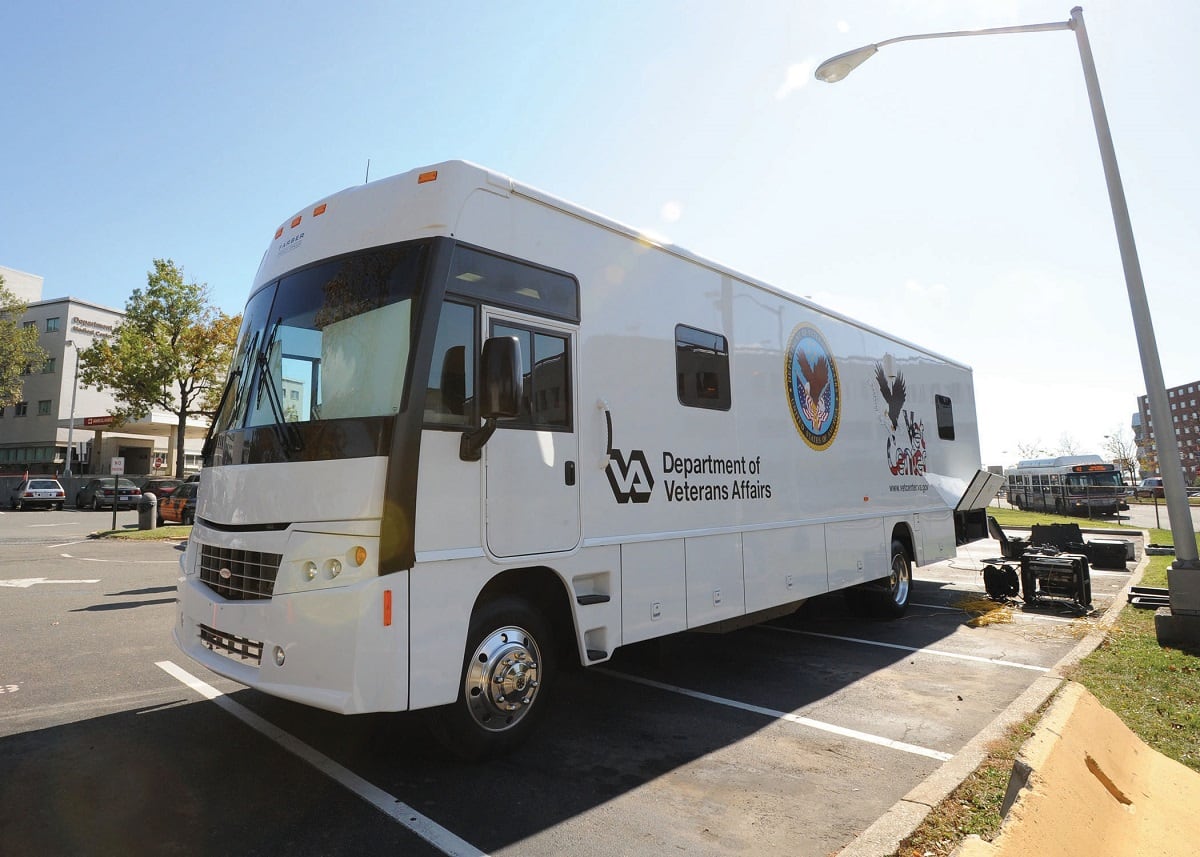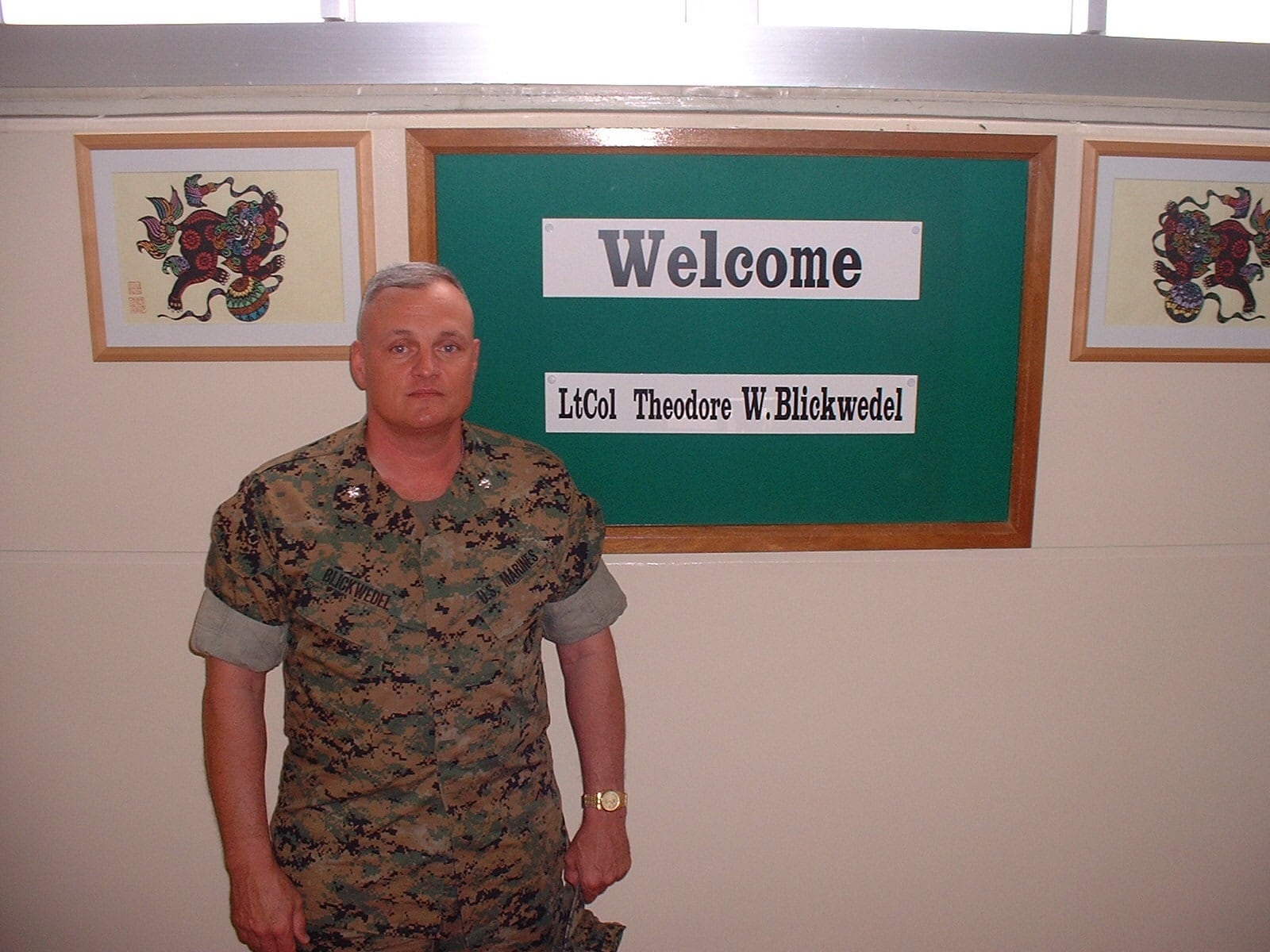A recently released government oversight report has confirmed that productivity expectations at many of the 300 Vet Centers, which help combat veterans and victims of military sexual assault with counseling, is leading to burnout among its understaffed, overworked counselors.
The 40-page Government Accountability Office report confirmed reporting by Military Times dating back to 2018, in which dozens of counselors in various regions across the country said they were being driven to choose between quitting their jobs or providing substandard care to vulnerable veterans with combat or military sexual trauma.
RELATED

That was summed up by retired Marine Corps veteran-turned counselor Lt. Col. Ted Blickwedel.
“Do I focus on quality of services,” he told Military Times in 2018. “Or do I just focus on the numbers?”
The increased productivity measures had begun in 2016 with changes in Veterans Health Administration leadership that oversaw the Readjustment Counseling Services, or RCS.
But the top-down, number-crunching approach ran counter from the start to how the Vet Centers had formed to operate following the Vietnam War.
The centers were started first outside of the VA, mostly by veterans who had been mistreated or ignored by traditional VA care.

Over time the centers were folded into the larger VA for funding and efficacy purposes but remained separate in most ways from the chain of command and bureaucratic measures, dozens of counselors told Military Times.
In a span of just a few years, counselors were expected to nearly double their caseload with no assistance in the myriad of other duties they had to perform — training, administrative work, travel, outreach and others.
The GAO report, released last week, verified that counselors they spoke with said the new expectations “led them to change work practices that could negatively affect client care.”
While the seeming goal was for upper level leadership to better understand counselor effectiveness the byproduct was that it had the “potential to negatively affect care and create undue burden and stress on counselors providing that care at some Vet Centers,” according to the report.
And, report authors noted, RCS lacked an effective measure to show that they weren’t causing additional harm by potentially overloading counselors.
Despite media reports in mid-2018 about counselor burnout and whistleblower complaints, it wasn’t until October 2019 that RCS' staffing model working group first met. They then began collecting data about their staffing in early 2020 with a plan to implement changes to the model in fiscal year 2021.
The GAO recommended a new staffing model for the centers and for RCS and VHA to evaluate their productivity expectations.
They also recommended that RCS include systematic feedback from counselors on negative side effects to care and determine if directors and counselors need more training on the expectations. And that the RCS Chief Officer develop a plan and time frames for reassessing productivity expectations. That chief officer also needs to establish a plan for assessing and updating its staffing model.
Both during Military Times reporting in 2018 and again in the recent report, RCS officials said that the productivity goals were not use punitively. Instead, if counselors were not meeting the goals, they were put on a “supervisor-approved plan.”
RCS officials also said that not meeting the goals would not count against counselors in their performance reviews.
The report states that there were an estimated 1,100 counselors in the system and that nearly 80 percent, or 867, did meet their new productivity goals.
Even though they set these goals, RCS did not and had not planned to conduct an evaluation of their new standards, according to the GAO report.
But those evaluations are an expected part of federal standards, according to the report.
Counselors at the dozen facilities visited by GAO said that they “did not believe there is an effective mechanism for reporting concerns about the effects of the productivity expectations up reporting lines beyond their director.”
That was an echo of complaints heard by Military Times directly from counselors who were more colorful in their responses.
Many interviewed by Military Times said that pressures from regional and national offices had their local directors obsessively focused on the numbers and often not willing to listen to counselor complaints.
The report found, as did Military Times in 2018, that many counselors were being expected to hold more group sessions to meet their numbers goals. Those sessions, at times, did not serve the individuals as well as the traditional one-on-one sessions but were instead used to see more veterans during working hours.
Tighter schedules also spread out sessions. Meaning that individual veterans might go two to three or more weeks before appointments. Ideally, initial visits should be weekly.
RCS officials acknowledged they could have provided better training to counselors before implementing the new expectations.
The new staffing model should consider the service time that counselors spend with clients, each counselor’s workload capacity, the time constraints for unique clients and each counselor’s caseload, according to RCS data provided in the GAO report.
Todd South has written about crime, courts, government and the military for multiple publications since 2004 and was named a 2014 Pulitzer finalist for a co-written project on witness intimidation. Todd is a Marine veteran of the Iraq War.





